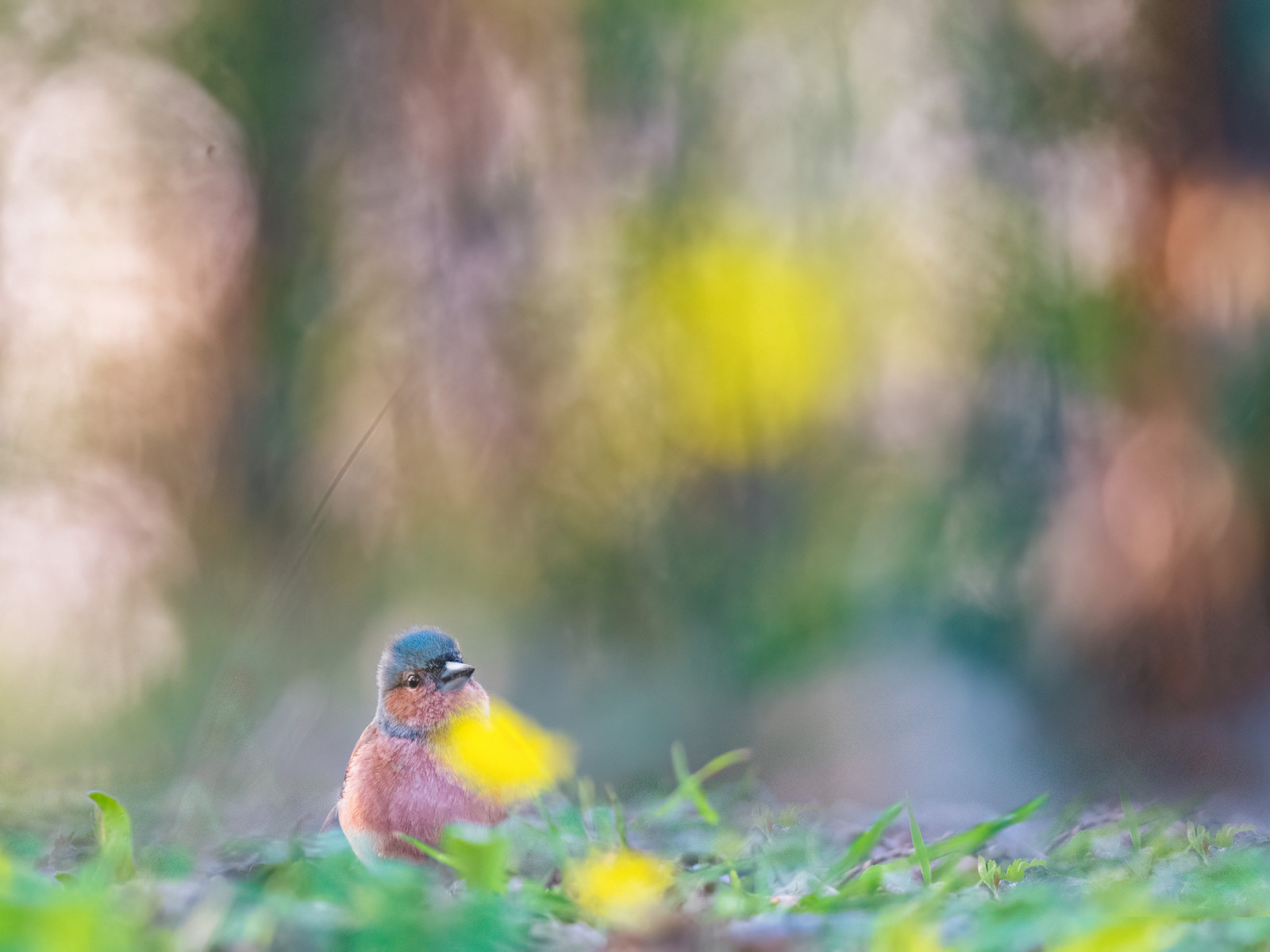Description
Old Laxenburg Castle became a Habsburg possession in 1333. After 1780, the castle garden was rearranged as an English landscape garden. It contains an artificial pond with several partly not accessible islands. One island accommodates a huge colony of Gráhegri .
There are a lot of old trees and several species of woodpecker can easily be found. Most resident species have short flight distances. Common are Fauskspæta, Barrspæta, Grænspæta, Svartspæta and Stubbspæta . But also Gráspæta occurs and even Balkanspæta and Drumbspæta were allready observed. Along with all those woodpeckers comes a variety of cavity-nesting birds as for instance Tits and Stari. In two groups of old plane trees exist quite sizeable breeding-colonies of Dvergkráka. Other regularly occuring species during breeding season are Gaukur, Holudúfa and Laufglói.
Year round Gulönd, Gráhegri, Dílaskarfur andBláþyrill can be observed.
During winter the park gives home to Mjallhegri, Skúfönd, Eyrugla and a lot of singing birds such as different species of thrushes or finches.
Details
Access
You can get there by bus from Vienna or by car. There are free parking lots just outside the main entrance. During working-hours a small entrance-fee is to be paid. Currently it is opened from 7 am to 3 pm.




